How Does Purchasing A Home Compare With Renting?
Our goal is to present you with the best insights, statistics, and facts to help make your housing decisions easier and more informed. Crescent Title, your trusted partner in navigating the housing market, is here to provide you with comprehensive information to guide you on deciding between renting vs. purchasing a home.
Unraveling the Home Purchasing Vs. Renting Debate
To begin with, let's dissect the differences between purchasing a home and renting. Homeownership is often seen as a landmark achievement. It's a way to build equity, offers tax advantages, and generally enables you to make modifications to fit your lifestyle. On the other hand, renting provides flexibility, little to no maintenance costs, and allows you to avoid the high upfront costs and potential market risks associated with home buying.
The Pros of Purchasing a Home
Building Equity: Purchasing a home is an investment. Over time, as you pay off your mortgage, you build equity— the difference between the market value of your home and the outstanding balance on your mortgage. This equity can be a powerful financial tool, available for future loans or home sale profits.
Tax Benefits: Homeowners in many countries enjoy tax deductions on mortgage interest and property taxes, effectively reducing their annual tax bills. This can be a significant financial advantage over renters who don't enjoy such benefits.
Personalization: Owning a home provides the freedom to personalize your space without needing approval from a landlord. You can paint, renovate, and make improvements to enhance the value of your home.
The Cons of Purchasing a Home
High Upfront Costs: Purchasing a home requires substantial initial costs such as down payments, closing costs, and moving expenses. These costs can be prohibitive for many potential homebuyers.
Maintenance Costs and Responsibilities: As a homeowner, you're responsible for all maintenance and repairs. These costs can add up and make homeownership more expensive than it initially appears.
Market Risks: Home values can fluctuate based on market conditions. If home prices fall, you may end up owing more on your mortgage than your home is worth.
The Pros of Renting
Flexibility: Renting provides flexibility, making it a great option if you're uncertain about your long-term plans. It's easier to relocate, whether for a job opportunity, lifestyle change, or simply because you want a change of scenery.
Fewer Responsibilities: Renters aren't responsible for maintaining the property or for fixing things that break. The landlord typically covers these costs.
Lower Upfront Costs: Renting usually requires a security deposit and first (and sometimes last) month's rent. These costs are generally lower than the down payment and closing costs required when buying a home.
The Cons of Renting
No Equity Building: While renting might be less of a financial burden in the short term, it doesn't allow you to build equity.
No Tax Benefits: Renters don't receive the tax benefits that homeowners do, such as deductions for mortgage interest and property taxes.
Less Control: Renters are subject to the landlord's rules, which may limit your ability to personalize your living space.
Buying a Home Vs. Renting: Making Your Choice
Understanding the fundamental differences between purchasing a home and renting is vital in making an informed decision that best suits your needs, financial situation, and lifestyle goals. Each option has its pros and cons, and your choice depends on your personal preferences, financial health, and future plans. If you’d like to work with the best in the area, reach out to Crescent Title to get informed on what’s best for your specific situation.

